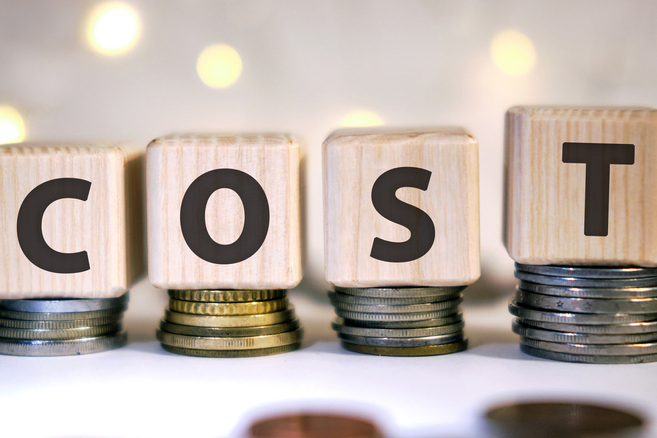[ad_1]
In this article, we will discuss the high cost of therapy and what to do when you can’t afford it. Therapy can be essential for mental health and well-being, but unfortunately, it can also be very expensive. Many people find themselves in a situation where they need therapy but simply cannot afford it. We will explore some alternative options for those who are facing financial challenges when it comes to accessing therapy.
Why is therapy so expensive?
Therapy is expensive for a variety of reasons. Firstly, therapists undergo years of education and training to become licensed professionals. Additionally, the cost of maintaining a private practice, including office space, insurance, and administrative expenses, can contribute to the high cost of therapy. The demand for mental health services also often exceeds the supply, which can drive up the cost of therapy sessions.

What are some alternative options for therapy?
If you cannot afford traditional therapy, there are alternative options available. Many communities offer low-cost or sliding-scale therapy services based on income. Some therapists also offer pro-bono or discounted services for individuals in need. Additionally, group therapy sessions or support groups can be a more affordable option for those seeking mental health support.
How can I prioritize my mental health without therapy?
While therapy can be immensely helpful, there are other strategies for prioritizing your mental health. Mindfulness practices, such as meditation and deep breathing exercises, can help manage stress and anxiety. Additionally, maintaining a supportive network of friends and loved ones can provide emotional support. Engaging in regular physical activity and engaging in hobbies that bring you joy can also contribute to your overall well-being.
Are there online therapy options?
Yes, there are online therapy options available for those who cannot afford traditional in-person therapy. Many online platforms offer affordable therapy sessions with licensed professionals. These services often provide a more flexible schedule and can be more accessible for those with financial limitations.
How can I advocate for more affordable mental health services?
Advocacy is crucial in addressing the high cost of therapy. Speaking up about the need for more accessible mental health services can help drive systemic change. Writing to local legislators, participating in mental health advocacy groups, and sharing personal experiences can all contribute to raising awareness and pushing for policy changes that improve access to affordable therapy.

Conclusion
While the high cost of therapy can be a significant barrier for many individuals, it’s important to remember that there are alternative options available. Seeking out low-cost or sliding-scale therapy services, exploring online therapy options, and prioritizing mental health through other means can all contribute to overall well-being. Additionally, advocating for more affordable mental health services can help address systemic issues and improve access for everyone.
FAQs
1. Can I get therapy for free?
Some therapists offer pro-bono or discounted services for individuals in need. Additionally, many communities offer low-cost or sliding-scale therapy services based on income.
2. Are there online therapy options available?
Yes, there are online therapy platforms that offer affordable sessions with licensed professionals. These services often provide a more flexible schedule and can be more accessible for those with financial limitations.
3. What can I do if I can’t afford therapy?
If you cannot afford traditional therapy, consider exploring alternative options such as group therapy, support groups, or online therapy services. Additionally, prioritizing your mental health through mindfulness practices and physical activity can contribute to your overall well-being.
4. How can I advocate for more affordable mental health services?
Advocacy is crucial in addressing the high cost of therapy. Writing to local legislators, participating in mental health advocacy groups, and sharing personal experiences can all contribute to raising awareness and pushing for policy changes.
5. Why is therapy so expensive?
Therapy is expensive due to the extensive education and training required for therapists, as well as the costs associated with maintaining a private practice. Additionally, the demand for mental health services often exceeds the supply, which can drive up the cost of therapy sessions.
[ad_2]







